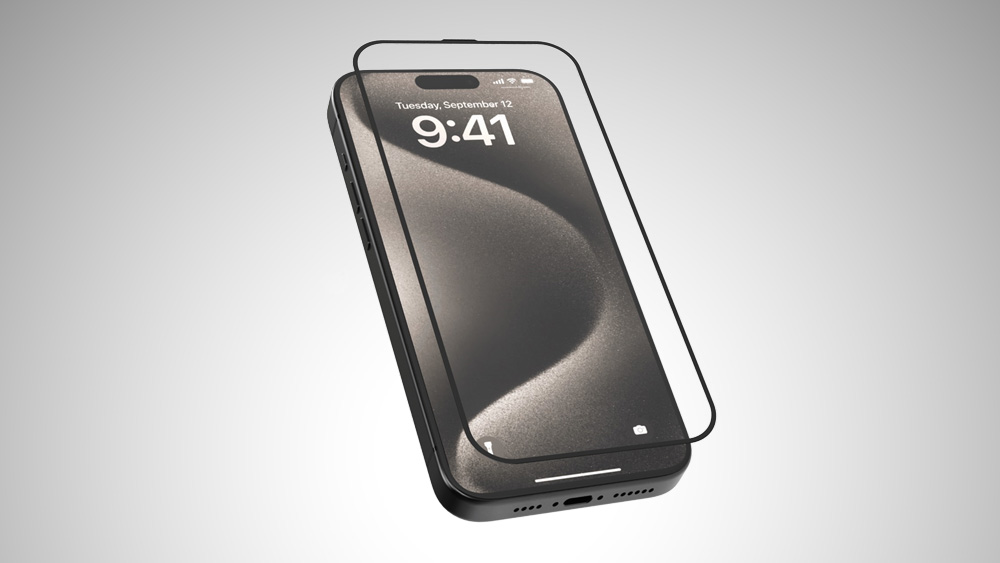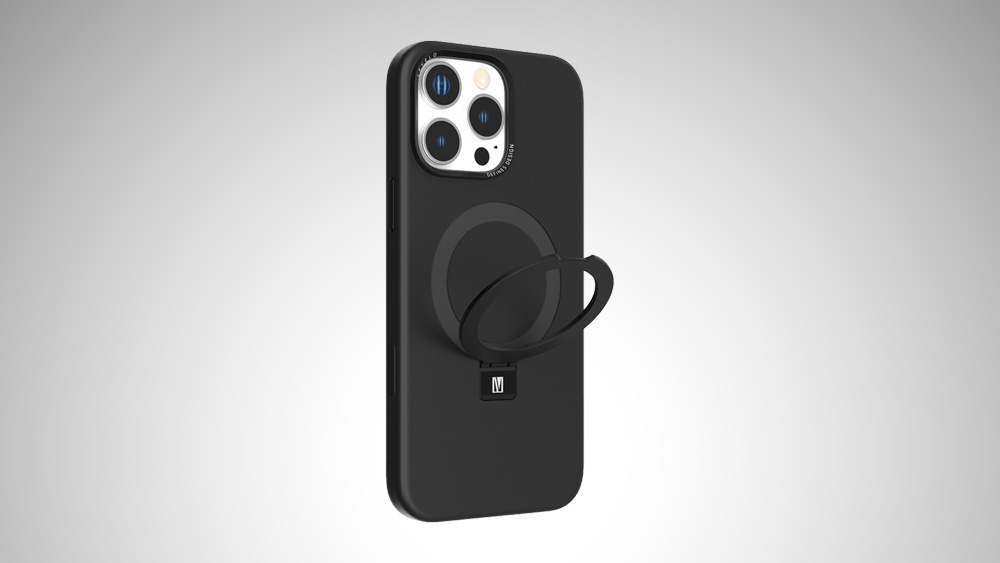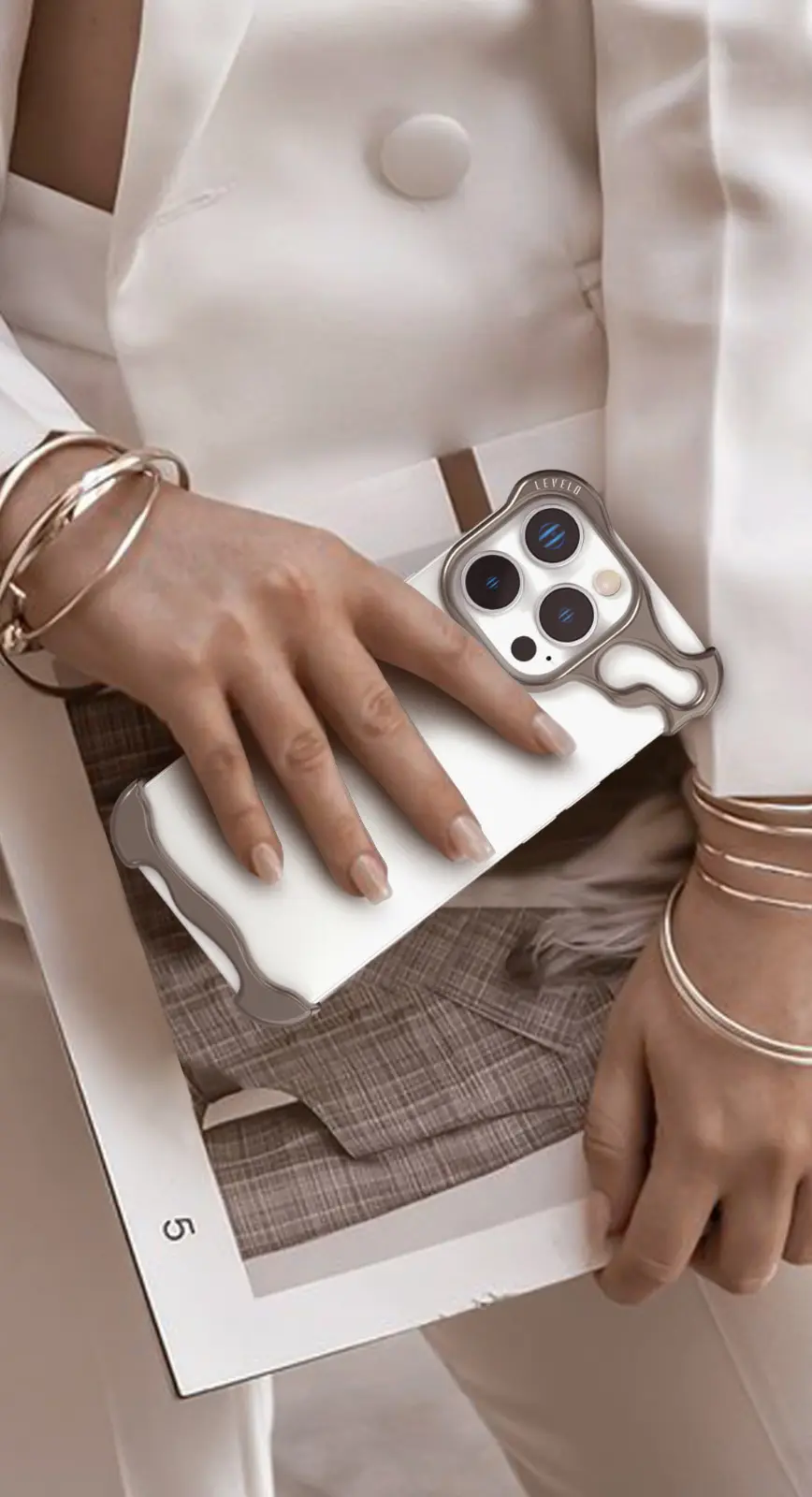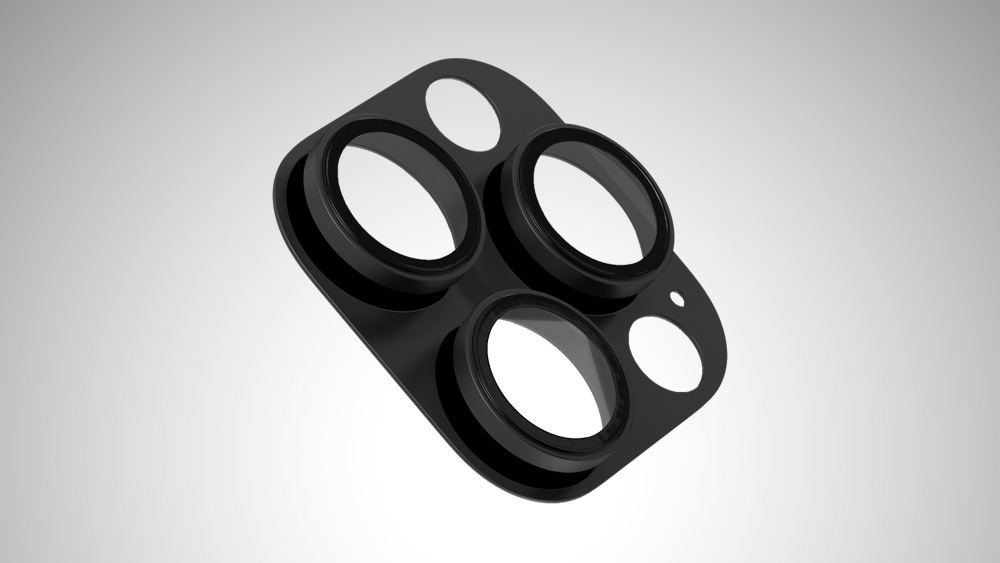Screen protectors are integral components for safeguarding our smartphones, especially for high-end devices like the iPhone 14 series. In the world of screen protectors, silicone and tempered glass variants are the most prevalent. But, how do they stack up in terms of longevity, durability, screen sensitivity, and resistance to fingerprint stains? Let's dive in.
Material: Silicone Vs. Glass
Silicone Screen Protectors
Silicone screen protectors are flexible, thin sheets made from high-quality silicone. They adhere closely to the phone screen, providing a bare-screen feel. Silicone protectors offer a comfortable user interface while also maintaining the vividness of your phone display.
Tempered Glass Screen Protectors
Tempered glass screen protectors, on the other hand, are made from processed glass. They offer a feel that's very similar to the original phone screen. These protectors give a crisp and clear view of the display, and in terms of touch, they provide a more natural feel compared to silicone.
Longevity and Durability
Silicone Longevity and Durability
Silicone protectors are durable and flexible. They can resist scratches and minor drops, but they tend to wear out faster than glass. Over time, silicone protectors might start peeling off at the edges, and they're more susceptible to the accumulation of dirt and lint.
Glass Longevity and Durability
Tempered glass protectors, while they may crack under severe impact, can protect your screen from serious damage more effectively than silicone. They usually last longer and are more resistant to scratches. However, once cracked, the entire protector needs to be replaced.
Screen Sensitivity
Silicone Screen Sensitivity
Silicone screen protectors are ultra-thin, allowing the touch sensitivity to remain almost unaffected. They deliver a seamless touchscreen experience due to their slim profile.
Glass Screen Sensitivity
Tempered glass protectors, though thicker than silicone ones, generally don't hamper screen sensitivity. However, low-quality glass protectors might affect touch responsiveness, especially around the edges.
Finger-Print Proof
Silicone and Finger-Print
Silicone screen protectors tend to resist fingerprints and smudges fairly well. Their oleophobic coating helps to reduce smudges and makes the screen easy to clean.
Glass and Finger-Print
High-quality tempered glass screen protectors come with an oleophobic coating that helps to prevent fingerprint stains. But they might be slightly more prone to smudges than silicone ones. The clarity of the screen might reduce with time due to the accumulation of oils and dirt.
Conclusion
In the debate between silicone and tempered glass screen protectors for the iPhone 14 series, the best choice often comes down to personal preferences. If you prioritize a thin profile and reduced fingerprint smudges, go for a silicone screen protector. If, on the other hand, your key concern is screen protection and longevity, then a tempered glass protector would be the ideal choice. Both types come with their pros and cons, and understanding these can help you make the best decision for your iPhone 14 series.



